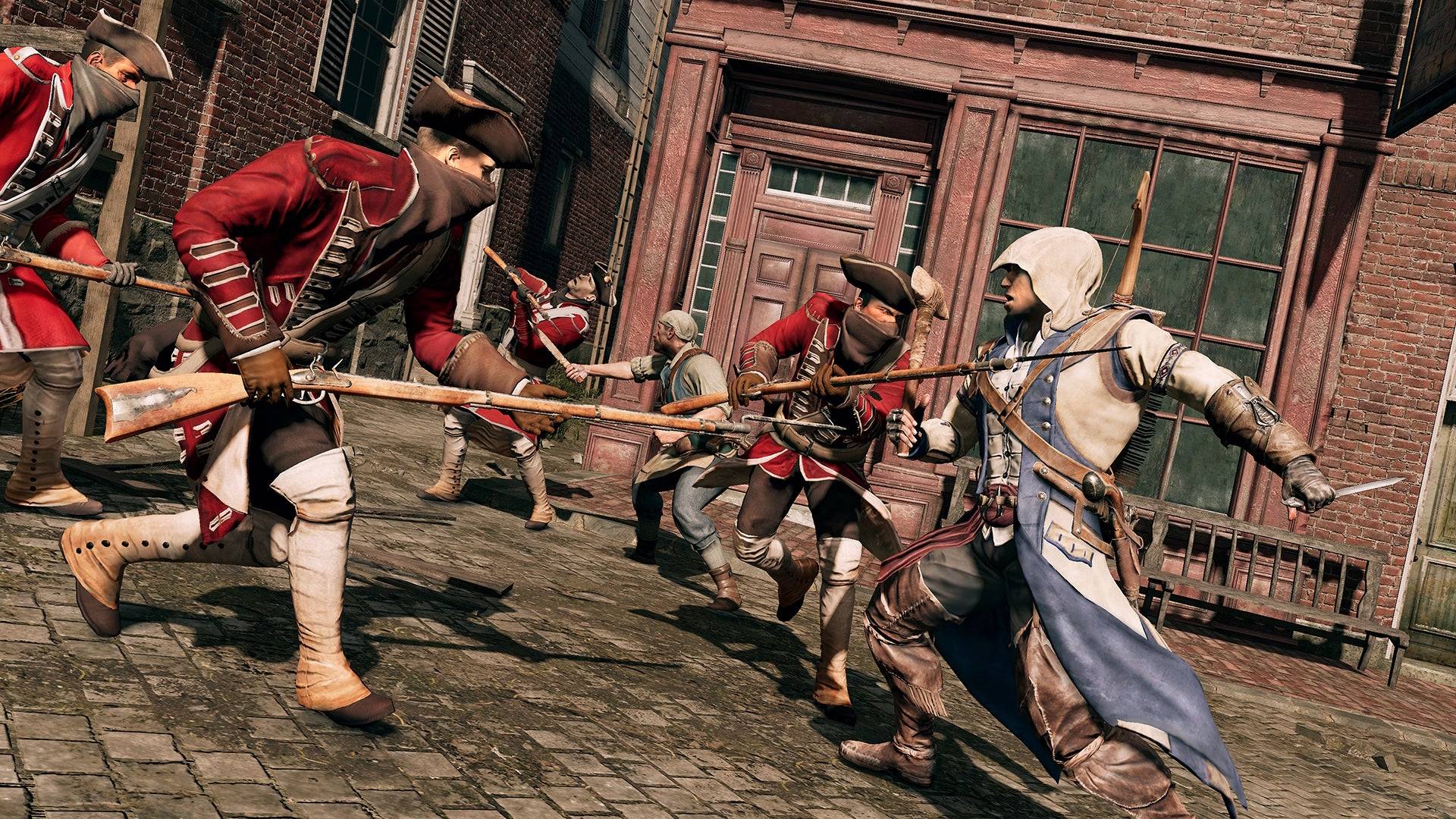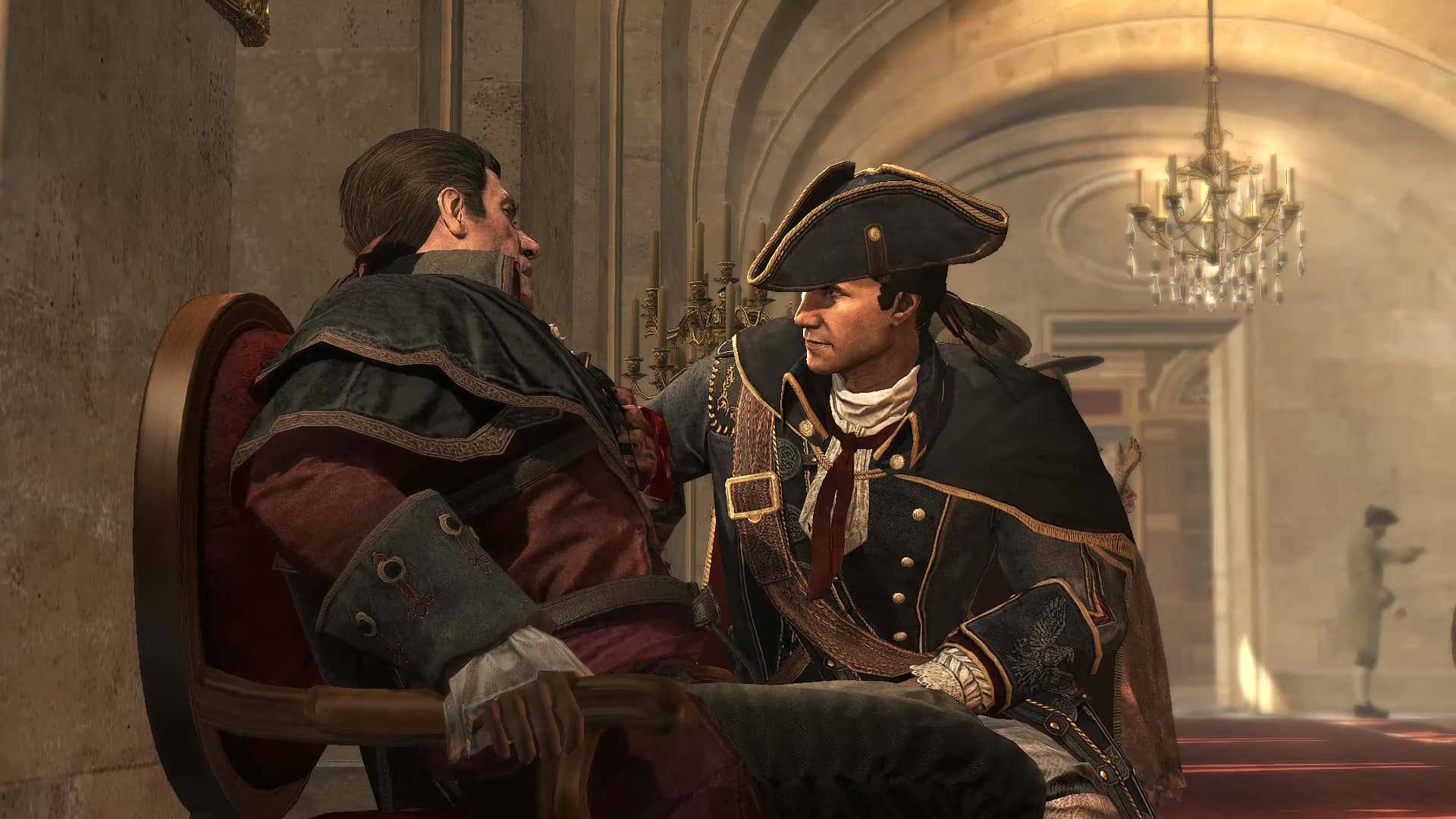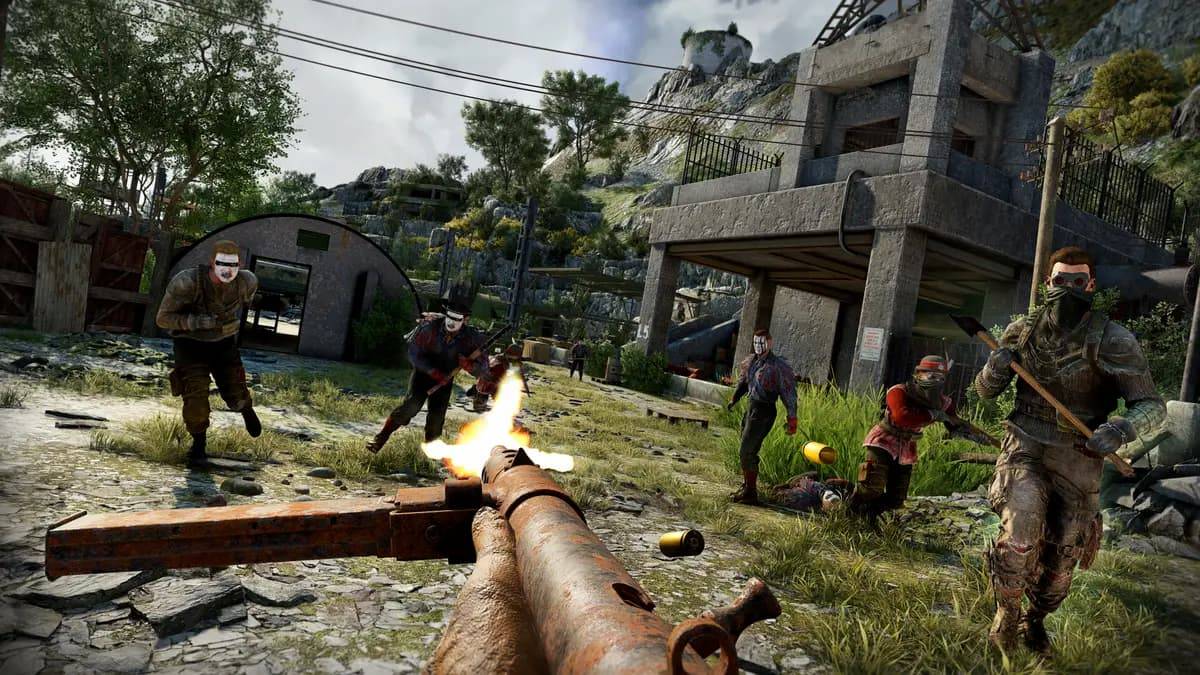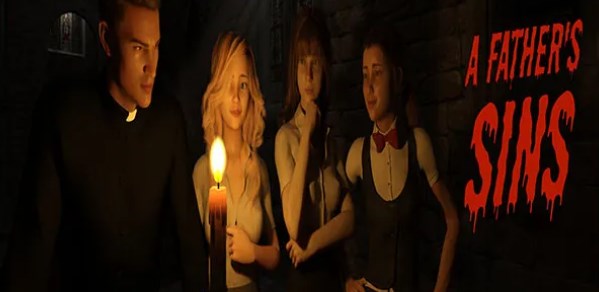One of the most iconic moments in the Assassin’s Creed series unfolds early in Assassin’s Creed 3, when Haytham Kenway completes his mission of assembling his team in the New World. Players might initially mistake them for assassins, as Haytham wields a hidden blade and exudes the charisma of Ezio Auditore, while acting heroically by freeing Native Americans and confronting British redcoats. The revelation comes when he utters the Templar creed, "May the Father of Understanding guide us," making it clear that players have been following the Templars, the sworn enemies of the Assassins.
This twist is a testament to the series' potential. While the first game introduced a compelling concept of finding, understanding, and eliminating targets, it lacked depth in its storytelling and character development. Assassin’s Creed 2 improved this by introducing the beloved Ezio, yet the antagonists, like Cesare Borgia in the spinoff Assassin’s Creed: Brotherhood, remained underdeveloped. It wasn’t until Assassin’s Creed 3, set during the American Revolution, that Ubisoft truly invested in crafting both the hunters and the hunted, achieving a seamless blend of gameplay and narrative that has yet to be matched in subsequent titles.

Despite the positive reception of the current RPG-focused era of Assassin’s Creed, many fans and critics believe the series is in decline. The reasons for this vary, from the increasingly fantastical elements like battling gods such as Anubis and Fenrir, to the introduction of diverse romance options and the use of historical figures like Yasuke in Assassin’s Creed Shadows. However, I believe the true cause of this decline is the shift away from character-driven storytelling, which has become overshadowed by the expansive sandbox environments.
Over time, Assassin’s Creed has evolved from its original action-adventure roots to incorporate RPG elements such as dialogue trees, XP-based leveling, loot boxes, microtransactions, and gear customization. Yet, as the games have grown larger, they've begun to feel less substantial, not only in terms of repetitive side missions but also in their storytelling. While Assassin’s Creed Odyssey offers more content than Assassin’s Creed 2, much of it feels less refined and immersive. The addition of player choice through dialogue and actions, while theoretically enhancing immersion, often results in scripts that feel stretched thin, lacking the polish of the more focused narratives of the earlier games.
This shift has led to a sense of interacting with generic NPCs rather than the richly developed historical figures of the Xbox 360/PS3 era. The writing in those games, such as Ezio’s passionate declaration, "Do not follow me, or anyone else!" after defeating Savonarola, or Haytham’s poignant final words to his son Connor, showcased some of the best storytelling in gaming:
"Don't think I have any intention of caressing your cheek and saying I was wrong. I will not weep and wonder what might have been. I'm sure you understand. Still, I'm proud of you in a way. You have shown great conviction. Strength. Courage. All noble qualities. I should have killed you long ago."

The narrative quality has also declined in other ways. Modern games often simplify the moral dichotomy to Assassins being good and Templars being bad, whereas earlier entries explored the gray areas between the two factions. In Assassin’s Creed 3, each Templar's final words challenge Connor's beliefs, prompting players to question their own. William Johnson suggests the Templars could have prevented the Native American genocide, Thomas Hickey criticizes the Assassins' idealism, and Benjamin Church argues that perspective shapes reality. Haytham challenges Connor's faith in George Washington, hinting at the potential tyranny of the new nation, a notion reinforced when it's revealed that Washington, not Charles Lee, ordered the burning of Connor’s village.
By the end of Assassin’s Creed 3, players are left with more questions than answers, which enriches the story. Reflecting on the series' history, the enduring appeal of "Ezio’s Family" from the Assassin’s Creed 2 soundtrack underscores the power of character-driven narratives. The melancholic melody evokes Ezio’s personal loss rather than just the game’s setting. While I appreciate the expansive worlds and stunning graphics of the newer Assassin’s Creed games, I hope the franchise will return to its roots, delivering the intimate, focused stories that originally captivated fans. However, in today’s market, dominated by vast open worlds and live service models, such a return might not align with current business strategies.
AnswerSee Results






























